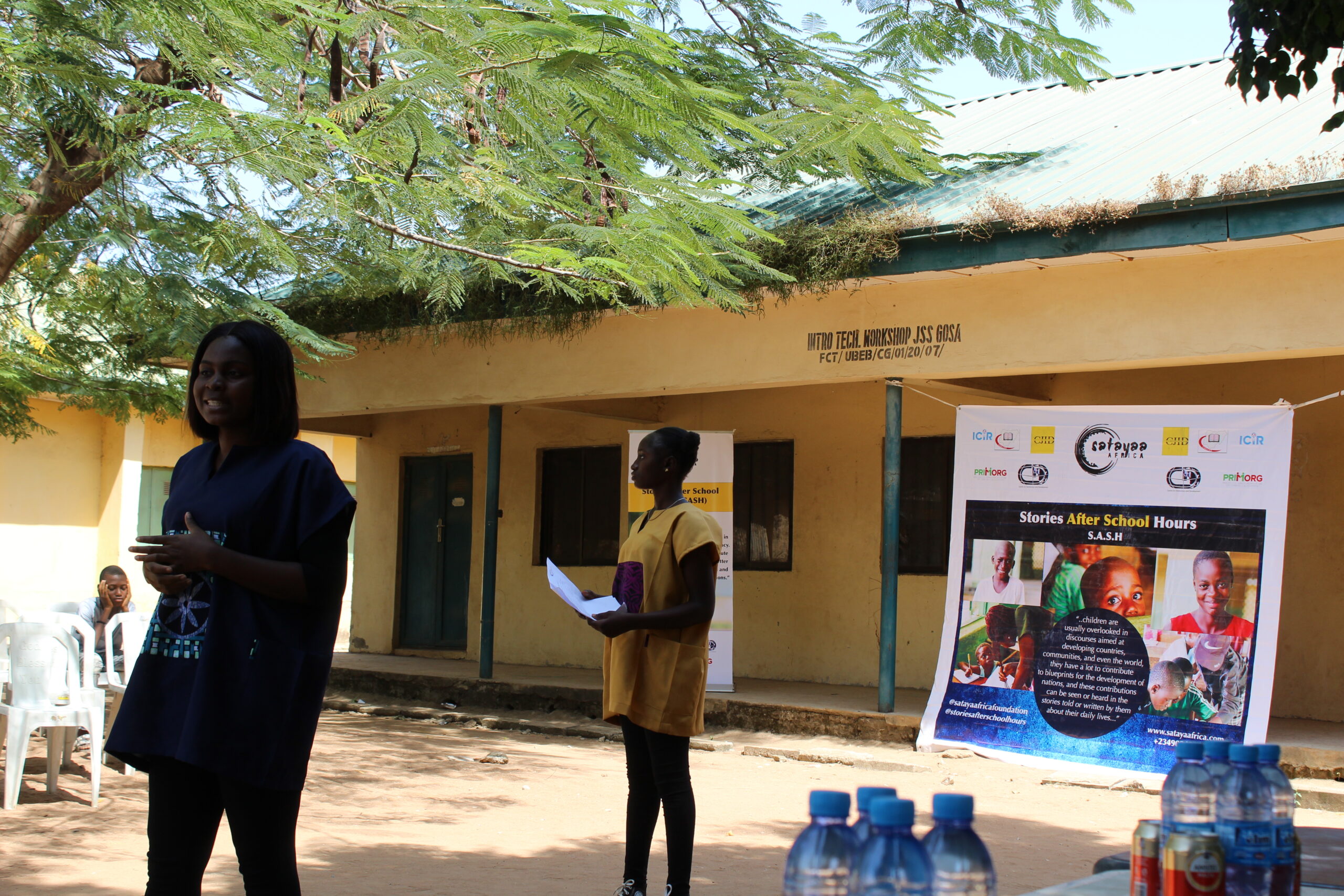By Progress Godfrey, Abuja
It was yet another case of the country Nigeria being guilty of shedding the precious blood of its innocent women. The Christmas Day murder of Lagos lawyer, Omobolanle Raheem by a trigger happy policeman, has jolted many Nigerians, igniting an angry debate about why the world’s most populous black country become the Golgotha for women.
Notwithstanding the valiant campaigns against the pandemic of Sexual and Gender based Violence by civil society organisations, realities like the murder of Raheem through the barrel of a gun purchased at the expense of taxpayers, reminds of the quantum of work remaining to be done in terms of protecting and protecting the rights of women to life.
Even so, the activism precipitated by the #EndSARS protests during, which youths courageously demanded an end to police brutality appears to have waned. Although issues of police brutality have remained in the frontend of the national conversation, the key reforms advocated during the anti-police brutality protests appear to have stalled. As such, the level of awareness generated by #EndSARS has not translated into reduced cases of killings, particularly women.
As would be seen in the massive campaigns by civil society groups during the #16DaysofActivism Against Sexual and Gender-Based Violence more pressure needs to be applied to halt the pandemic. This is critical because of the life-threatening consequences for women and girls.
SGBV manifests through a multitude of actions, including the forced marriage of young girls, trafficking in persons, violence directed at individuals with different sexual orientations, sexual violence, verbal abuse as well as laws and regulations that limit women’s and girls’ rights and access to critical social services in relation to men.
Women, aside from going through the pain of childbearing and raising children, play a major role in the growth and development of society. Yet, they suffer as a result of the rising tide of gender-based violence. Appraisals by World Health Organisation (WHO) indicate that globally, about 1 in 3 women worldwide have experienced physical and/or sexual violence in their lifetime, mostly by an intimate partner.
Also, the United Nations recently declared SGBV as a ‘shadow pandemic’ while calling for urgent, comprehensive, and effective actions by duty-bearers to curb the menace. Related data from the global body equally indicates that that 48 per cent of Nigerian women have experienced at least one form of violence since the COVID-19 pandemic.
In the context of Nigeria, the complexity of the ever present threat against women would be found in the lack of robust response by the State in the face of violence against women. When it is not a case of a rogue officer of the State doing the killing as seen in the murder, it would be a situation of the State abdicating its responsibility to ensure the victim gets justice.
This explains why the nation is rife in Nigeria that those who take the lives of women are treated with kid gloves. They end up getting a slap on the wrist and their murderous acts go on. Sadly, as the murder of Raheem was beginning to fuel rage across Nigeria, reports of another case of the killing of a woman came to the fore.
On Tuesday, 28 December, 2022, operatives of the Police Intelligence Response Team arrested a 31-year-old man, Edeh Tochukwu, who allegedly killed his lover, 48-year-old Ijeoma Felix at her residence in the Lugbe area of the Federal Capital Territory (FCT), on October 24.
The suspect who was paraded at the IRT Office in Abuja, confessed to hitting the victim with a pestle during an alleged argument after he sold a Toyota Highlander car she had gifted him, without her knowledge. He added that he was arrested on November 2 after changing the documents of a Toyota Camry belonging to the deceased, which he carted away after killing her, selling it for N1.7 million.
According to the National President of the Nigerian Council of Women Societies (NCWS), Hajiya Lami Adamu Lau, 138 cases of gender-based violence were reported in 2022. Lami, while speaking in Abuja, during the recent campaign to mark the 16 days of activism against gender-based violence, said the Council was able to follow up to address 43 of the reported cases.
“According to the data we have, violence against women is deeply rooted in gender inequality and most cases come from areas that suffer from insecurity,” the Women Societies helmswoman added. She also called on the Federal Government to robustly implement policies and programmes that would support gender equality.
In 2015, the Nigerian government enacted the Violence Against Persons (Prohibition) Act (VAPP), to protect people against various forms of violence. The policy document provides for eliminating violence in private and public life; prohibits all forms of violence (physical, sexual, psychological, domestic, harmful traditional practices, discrimination against persons, etc); and provides maximum protection and remedies for victims, and punishment of offenders.
Furthermore, Nigeria is a signatory to many international conventions, including those aimed at protecting human rights among others.
However, these good-intentioned policies would count for nothing if they do not translate to a reduction in the number of innocent women, who die needlessly at the hands of either police officers or fellow citizens who break the law by violently taking the lives of others.
Although the Inspector-General of Police, Usman Baba has ordered the speedy prosecution of all the killing of Mrs. Raheem, it is left to be seen if the Police will summon the resolve to get to the factors responsible for this avoidable murder.

























